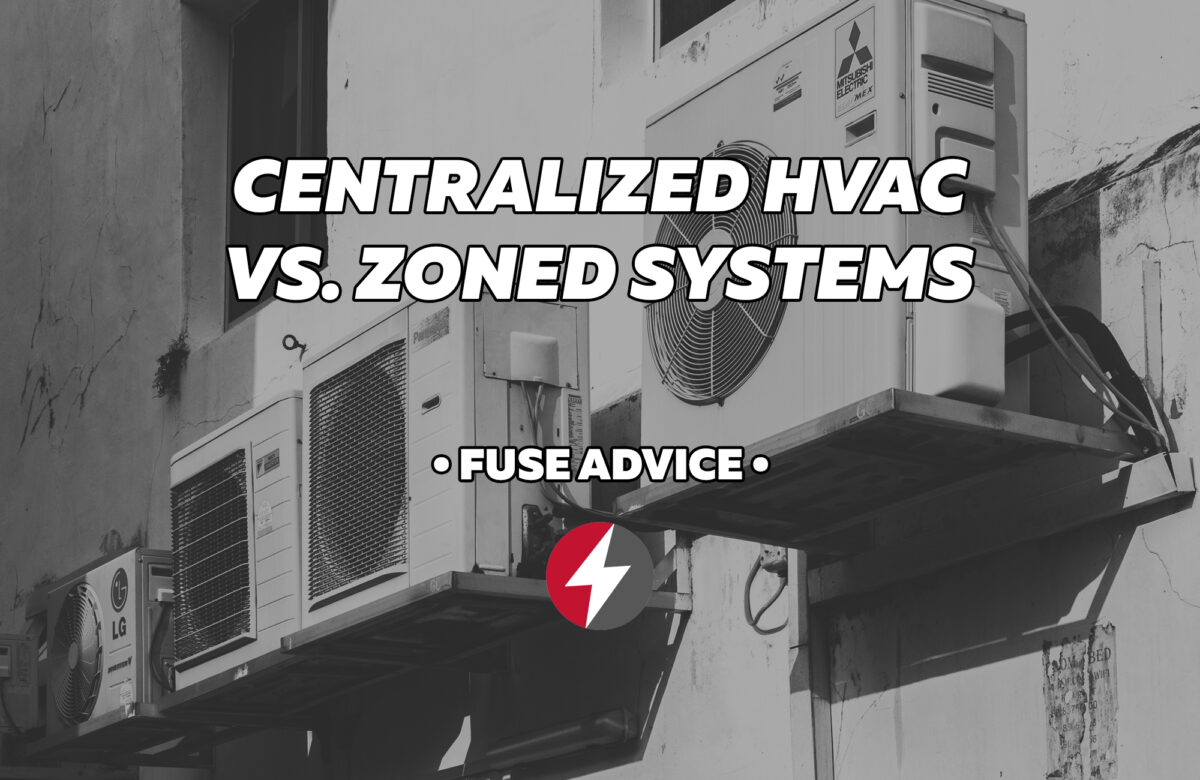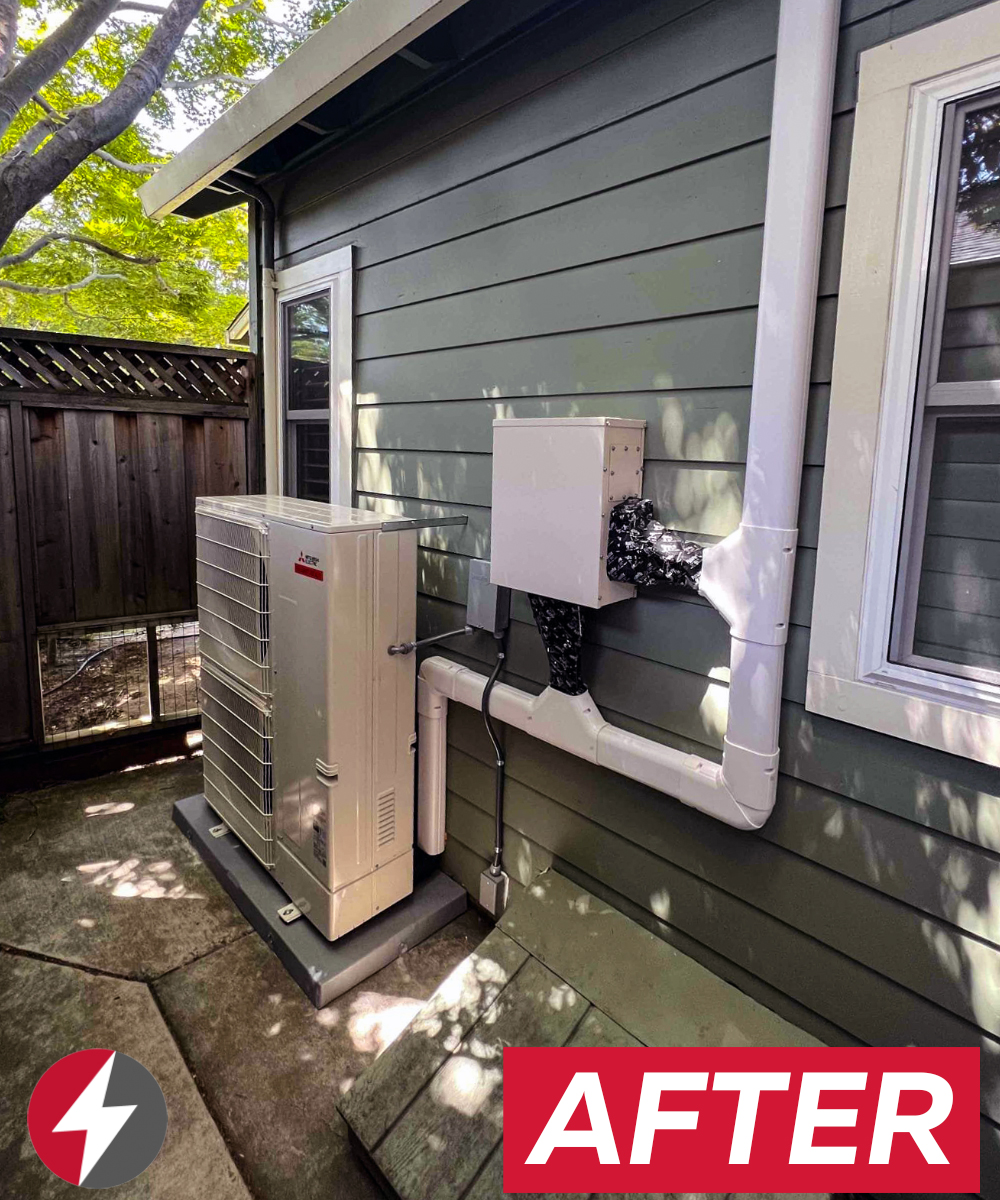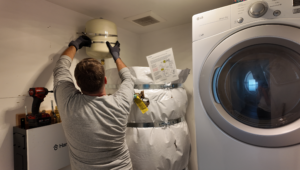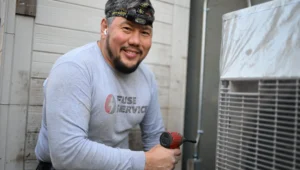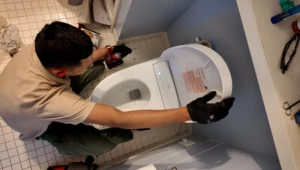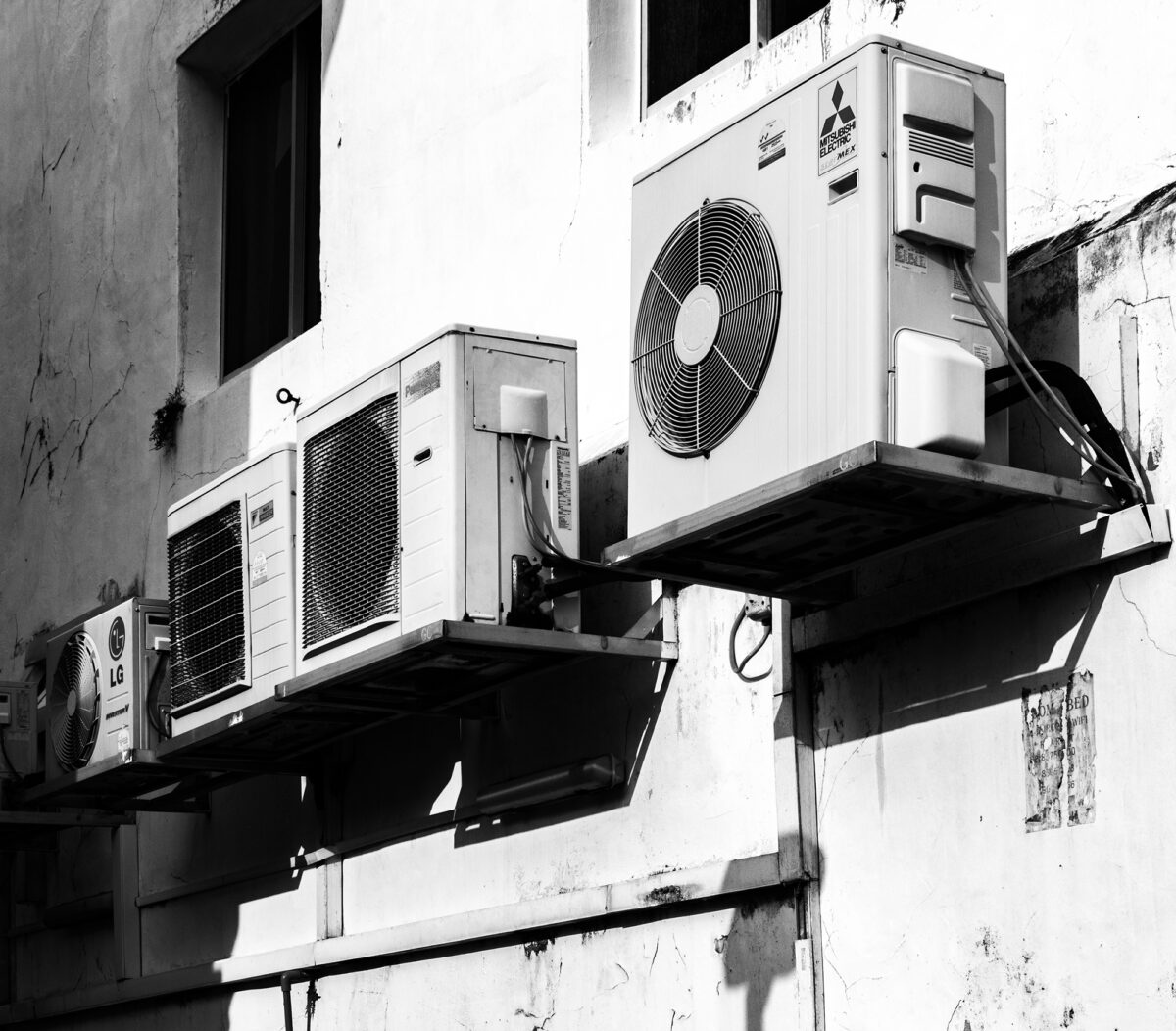 When it comes to heating, ventilation, and air conditioning (HVAC) systems, there are various options available in the market. Two popular choices are centralized HVAC systems and zoned systems. Both have their own advantages and considerations, and choosing the right one can significantly impact your comfort, energy efficiency, and overall satisfaction. In this article, we will compare centralized HVAC systems and zoned systems to help you determine which one is the right fit for your needs.
When it comes to heating, ventilation, and air conditioning (HVAC) systems, there are various options available in the market. Two popular choices are centralized HVAC systems and zoned systems. Both have their own advantages and considerations, and choosing the right one can significantly impact your comfort, energy efficiency, and overall satisfaction. In this article, we will compare centralized HVAC systems and zoned systems to help you determine which one is the right fit for your needs.
Centralized HVAC Systems
Centralized HVAC systems are designed to provide heating, cooling, and ventilation to an entire building or a large area. These systems consist of a single unit, typically located outside the building, which distributes conditioned air through a network of ducts. The central unit houses the compressor, condenser, and other components necessary for temperature control.
Centralized HVAC systems are commonly found in residential homes, commercial buildings, and office spaces. They offer consistent temperature control throughout the entire area covered by the system. The air distribution is usually managed through vents or grilles located in different rooms or zones.
Zoned Systems
Zoned systems, on the other hand, divide a building or living space into separate zones, each with its own thermostat and independent control. Zoned systems allow different areas of the building to be heated or cooled to different temperatures based on individual preferences and usage patterns. This level of control provides personalized comfort and energy savings.
Zoned systems utilize dampers within the ductwork to regulate airflow to specific zones. By adjusting the dampers and thermostats, occupants can customize the temperature settings for each zone, ensuring optimal comfort and energy efficiency.
Differences Between Centralized HVAC and Zoned Systems
Centralized HVAC systems and zoned systems differ in various aspects. Here are some key differences between the two:
- Coverage Area: Centralized HVAC systems cover the entire building or a large area, while zoned systems divide the space into separate zones.
- Control: Centralized systems offer uniform control throughout the entire area, whereas zoned systems provide individualized control for each zone.
- Flexibility: Zoned systems offer greater flexibility in temperature settings, allowing occupants to customize their comfort levels in different zones. Centralized systems have limited flexibility as the temperature is set for the entire area.
- Energy Efficiency: Zoned systems can be more energy-efficient compared to centralized systems, as they allow for targeted heating and cooling in specific areas.
- Installation: Centralized HVAC systems require complex installation involving ductwork, whereas zoned systems may require additional zoning controls and dampers.
Advantages of Centralized HVAC Systems
Centralized HVAC systems come with several advantages that make them a popular choice:
- Consistent Temperature: Centralized systems ensure consistent temperature control throughout the entire area, eliminating hot or cold spots.
- Ease of Use: With a centralized system, you have a single thermostat to control the temperature, making it easy to manage.
- Air Filtration: Centralized systems often include advanced filtration systems that can improve indoor air quality by removing allergens and pollutants.
- Lower Initial Cost: In some cases, centralized HVAC systems may have a lower upfront cost compared to zoned systems.
Advantages of Zoned Systems
Zoned systems offer unique benefits that may be preferable for certain situations:
- Personalized Comfort: Zoned systems provide the ability to customize temperature settings for different zones, ensuring individual comfort preferences are met.
- Energy Savings: By heating or cooling only the occupied zones, zoned systems can help save energy and reduce utility bills.
- Increased Control: Zoned systems allow for greater control over temperature settings, providing the flexibility to adapt to changing weather conditions and occupancy patterns.
- Independent Operation: Each zone can be controlled independently, which is especially useful in buildings with varying occupancy levels.
Factors to Consider When Choosing Between Centralized HVAC and Zoned Systems
When deciding between centralized HVAC and zoned systems, several factors should be taken into consideration:
- Building Size and Layout: The size and layout of the building will determine the feasibility and effectiveness of both systems. Centralized systems are more suitable for larger areas, while zoned systems are better for buildings with multiple levels or varying thermal requirements.
- Individual Comfort Preferences: If occupants have distinct comfort preferences, zoned systems offer the ability to meet those preferences more effectively.
- Energy Efficiency Goals: If energy efficiency is a priority, zoned systems may be the better choice as they allow for targeted heating and cooling.
- Installation and Maintenance Costs: Consider the upfront installation costs as well as long-term maintenance expenses associated with each system.
Energy Efficiency of Centralized HVAC and Zoned Systems
Energy efficiency is an important aspect to consider when choosing between centralized HVAC and zoned systems. Zoned systems have the potential for higher energy efficiency due to their ability to heat or cool specific areas based on occupancy. By avoiding unnecessary heating or cooling of unoccupied zones, zoned systems can help reduce energy consumption and lower utility bills.
Centralized HVAC systems may be less energy-efficient in comparison, as they provide uniform temperature control for the entire area covered by the system. However, advancements in technology and energy management systems have improved the energy efficiency of centralized systems in recent years.
Installation and Maintenance Considerations
The installation and maintenance requirements for centralized HVAC and zoned systems differ. Centralized systems typically require the installation of ductwork throughout the building, which can be complex and costly. Zoned systems may also require additional zoning controls and dampers to regulate airflow to different zones.
Maintenance for both systems is essential to ensure optimal performance and longevity. Centralized systems may require regular filter changes, duct cleaning, and inspections of the central unit. Zoned systems require periodic adjustments and maintenance of dampers and thermostats to ensure proper functionality in each zone.
Cost Comparison: Centralized HVAC vs. Zoned Systems
The cost comparison between centralized HVAC and zoned systems depends on various factors such as the size of the building, installation requirements, and system complexity. In general, centralized HVAC systems may have a lower initial cost, especially for smaller buildings without complex zoning needs.
Zoned systems, while potentially more expensive to install, can provide long-term energy savings and improved comfort, making them a cost-effective option for larger buildings or spaces with varying occupancy patterns.
Conclusion
Choosing between centralized HVAC systems and zoned systems requires careful consideration of your specific needs and priorities. Centralized systems offer consistent temperature control throughout the entire area, while zoned systems provide personalized comfort and potential energy savings. Factors such as building size, comfort preferences, and energy efficiency goals should guide your decision-making process. Consulting with an HVAC professional can provide valuable insights and help you make an informed choice. Reach out to us today at (408) 898-1576 or support@fuseservice.com.
Remember, the right HVAC system can greatly enhance your comfort and contribute to energy efficiency, so choose wisely!
